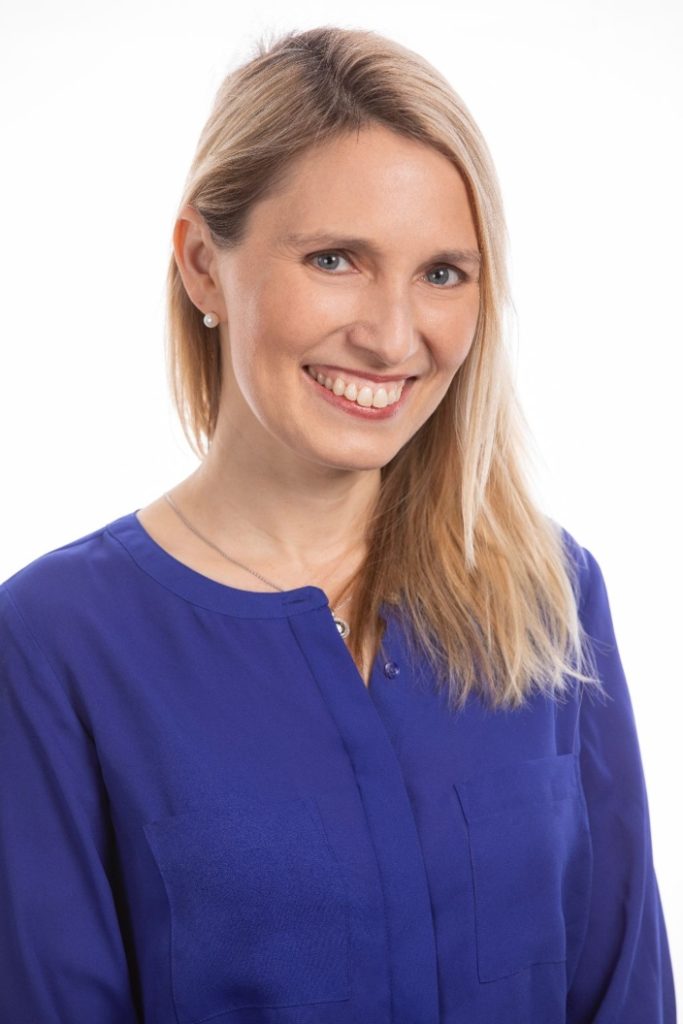Amy Sweet of Halcyon Home explains how we and our loved ones can prepare for at-home care.
Sponsored Content by Halcyon Home
Amy Sweet, proud recipient of the 2019 Austin CEO of the Year award at Austin Woman magazine’s Woman’s Way Business Awards, is the founder and CEO of Halcyon Home. Halcyon Home is an Austin-based private-duty home-health and hospice continuity-of-care company. Halcyon allows seniors to age in the residential setting of their choice. Personalized in-home care is directed toward their individual needs.

Halcyon recently gained additional recognition with its care expansion down the south I-35 corridor to San Marcos, Texas. Sweet earned her master’s degree in Health Science from the University of Pennsylvania, becoming a certified physician assistant. Her work history spreads across the fields of oncology, gastroenterology and geriatric health. Her dream of creating a company with a concierge level of care became an award-winning reality thanks to a handpicked team that shares her love of care. Halcyon Home provides private-duty (nonmedical), home health (medical) and hospice (medical) care.
What is the difference between home care and home health? What makes both essential during the difficult times we are facing today?
Many often replace the term home care with private-duty or personal assistance services. It is nonmedical assistance involving a care contract for short durations of time or as much as 24/7 care. The care is arranged to provide one-on-one assistance with activities of daily living, i.e. eating, bathing, dressing, toileting, transfers and maintenance of bladder and bowel function. Caregivers may also provide aid with transportation, errand running and medication reminders. Savings or long-term care insurance pay for these personal services.
During the recent COVID-19 pandemic, home care workers were defined as essential workers. This has given agencies an opportunity to provide care and companionship for seniors in communities and facilities, offering a layer of security and comfort for your loved one.
Home health differs from home care in that it provides skilled medical care. It requires a physician order, with services covered 100% with no copay under traditional Medicare. Services include skilled nursing, physical, occupational and speech therapy. Qualifying events to consider for home health are a recent change in diagnosis or medications, a hospitalization, a fall, a surgical procedure, unsteady gait/balance or wound care. Private-duty home care and skilled home health can be provided simultaneously for your loved one to meet their complete needs.
What is the difference between palliative care and hospice?
Palliative care can take place at any time of a patient’s life and for any disease process. It focuses on physician support to provide relief from pain and decrease the stress of the illness. It is a myth that patients cannot seek curative treatment while receiving palliative care. In fact, that is when you should consider palliative care for your loved one. When they are receiving curative treatment yet unable to manage the symptoms and/or pain resulting from their diagnosis. Medicare covers both palliative care and hospice care.
Hospice care is one of the most underutilized healthcare benefits in the U.S. Too often, we underestimate the potential hospice can have in making a positive impact on the lives of both you and your loved one. Hospice is the key to an end-of-life journey that is full of love, remembrance and beauty. The hospice interdisciplinary team devotes its energy to making a difference through this difficult time. Halcyon provides significant clinical, spiritual and psychosocial support. All care and medications related to the primary diagnosis are provided and covered under the Medicare hospice benefit. This includes all durable medical equipment: hospital bed, oxygen, shower chair and incontinence supplies.
How do I plan for Mom’s and Dad’s care?
The most important factor in planning for the care of your loved one is to understand their specific goals and wishes. The right time to discuss these goals is before the onset of a debilitating illness. This conversation may be difficult, but it can also be rewarding and strengthen the parent-child bond. It can be an opportunity for life reflection and sharing. There are many resources available. Put “end-of-life decision-making” into your favorite search engine. Here are a few I like: vitaltalk.org, nia.nih.gov and deathwithdignity.org. In the absence of conversations, one has to rely on the caregiver’s (child, spouse, parent, medical power of attorney) best assessment of what the patient would want. They can glean this from things the patient may have said or done previously. This is called “substituted judgement.”
At Halcyon Home, our team of experts is available to assist with difficult conversations. We can provide solution options following a free consultation.


